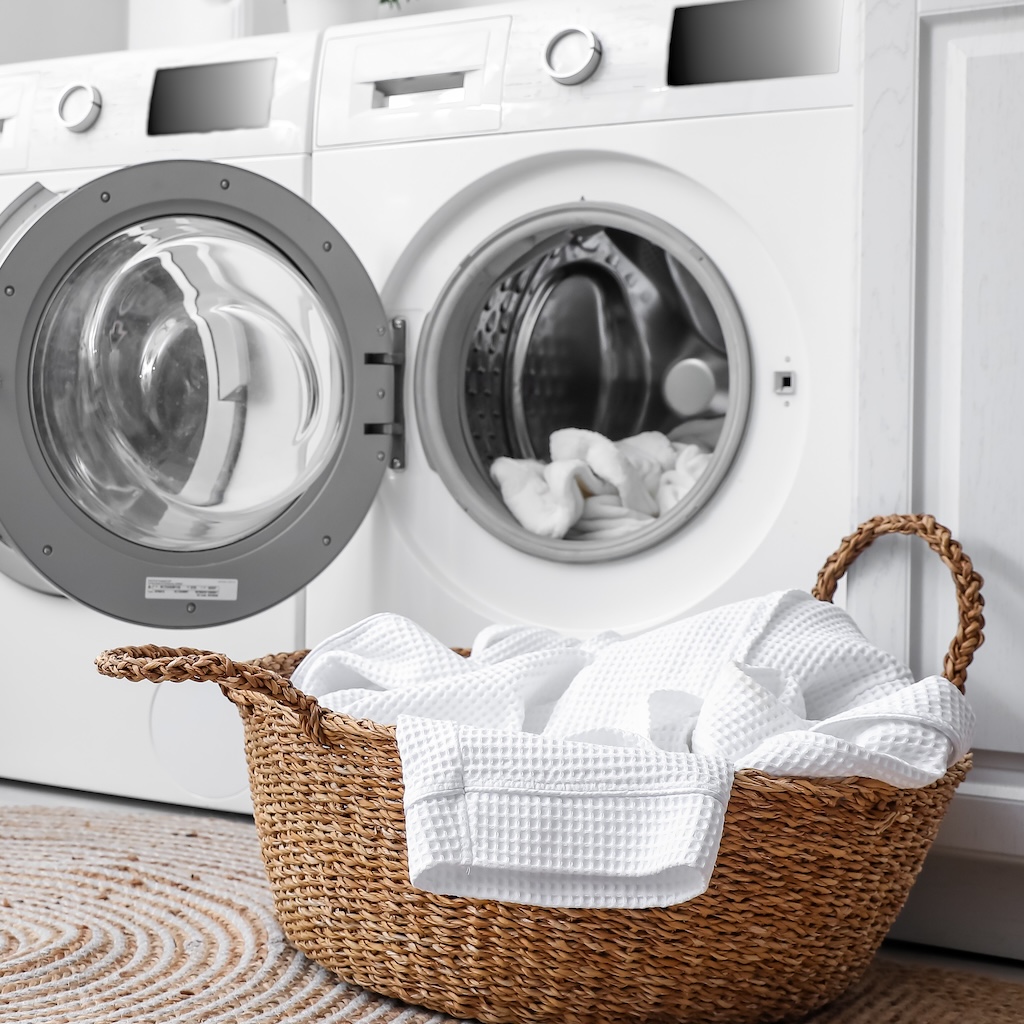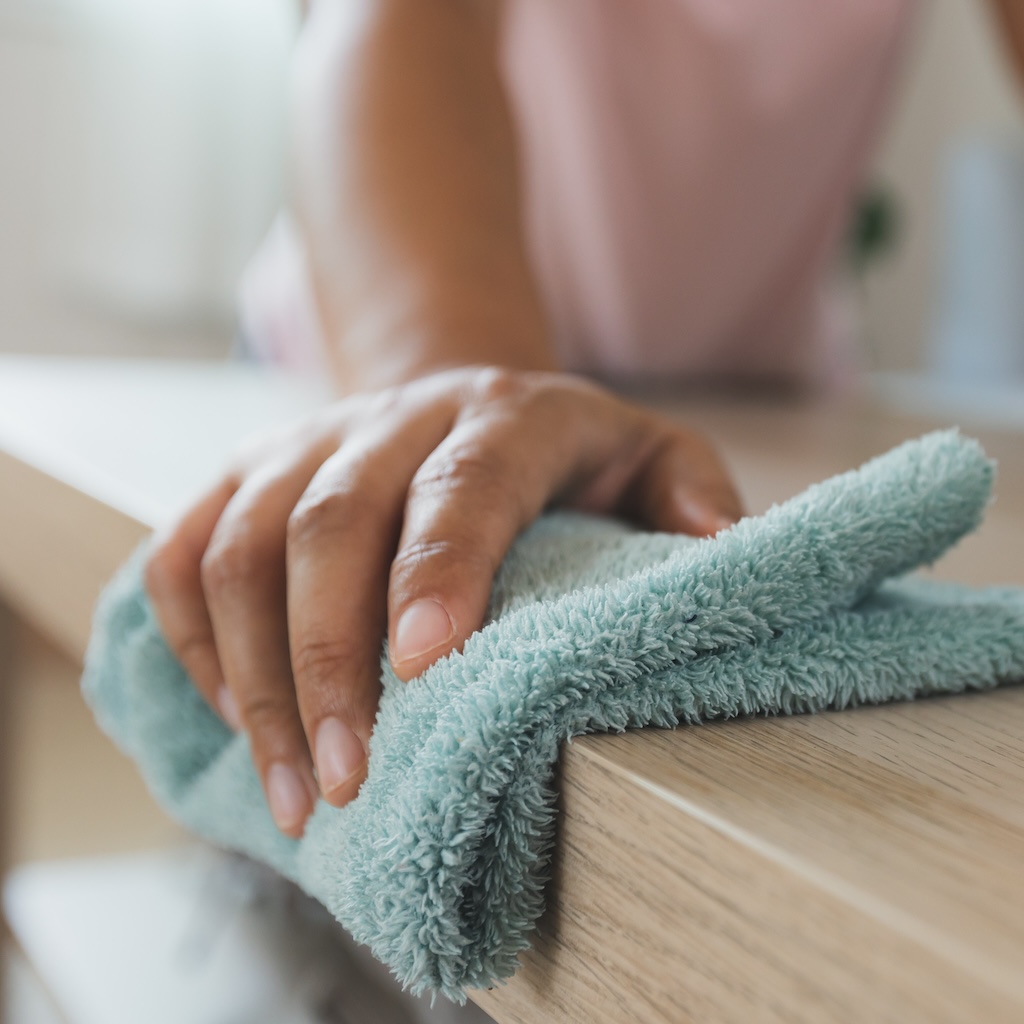Living in an apartment can offer a great balance of convenience and affordability, but it’s essential to manage your finances wisely. Learning how to budget living in an apartment can help you maintain financial stability and enjoy your living space without undue stress. Here are some practical tips to help you create and stick to a budget while living in an apartment.
Assess Your Monthly Income
The first step in budgeting for apartment living is to assess your monthly income. Include all sources of income, such as your salary, freelance work, and any other regular payments you receive. Knowing your total monthly income will give you a clear picture of what you can afford to spend on rent and other expenses.
Determine Your Fixed Expenses
Fixed expenses are those that remain the same each month, such as rent, utilities, and insurance. Start by listing these expenses and their amounts. Fixed expenses typically include:
- Rent
- Electricity and water bills
- Internet and cable subscriptions
- Renter’s insurance
- Loan or debt payments
By identifying your fixed expenses, you can understand how much of your income is allocated to these non-negotiable costs.
Estimate Variable Expenses
Variable expenses fluctuate each month and include items like groceries, transportation, and entertainment. Track your spending for a month to get an accurate estimate of these costs. Common variable expenses include:
- Groceries
- Transportation (gas, public transit, ride-sharing)
- Dining out
- Entertainment (movies, concerts, streaming services)
- Personal care (haircuts, gym memberships)
Once you have an estimate, allocate a portion of your income to cover these variable expenses.
Create an Emergency Fund
An emergency fund is essential for handling unexpected expenses, such as medical bills or car repairs. Aim to save at least three to six months’ worth of living expenses. Start by setting aside a small amount each month until you reach your goal. Having an emergency fund provides a financial cushion and peace of mind.
Set Savings Goals
Setting savings goals helps you stay motivated and disciplined with your finances. Whether you’re saving for a vacation, a new piece of furniture, or future investments, having clear goals can guide your spending decisions. Allocate a portion of your income to your savings goals each month, even if it’s a small amount.
Use Budgeting Tools
There are numerous budgeting tools and apps available that can help you track your income and expenses. Apps like Mint, YNAB (You Need A Budget), and Personal Capital offer features that allow you to monitor your spending, set budgets, and achieve your financial goals. Utilizing these tools can make budgeting easier and more efficient.
Review and Adjust Your Budget
Your budget isn’t set in stone. It’s important to review and adjust it regularly to reflect changes in your income or expenses. At the end of each month, review your spending to see where you might have overspent or underspent. Adjust your budget accordingly to ensure you stay on track.
Save on Utilities
Reducing your utility bills is a practical way to lower your living expenses. Simple steps like turning off lights when not in use, unplugging electronics, using energy-efficient appliances, and adjusting your thermostat can make a significant difference. Be mindful of your water usage by taking shorter showers and fixing any leaks promptly.
Cook at Home
Dining out can quickly drain your budget. Save money by cooking at home and preparing meals in advance. Plan your meals for the week, make a grocery list, and stick to it. Cooking at home is not only cost-effective but also allows you to eat healthier.
Limit Impulse Purchases
Impulse purchases can derail your budget. Before buying something unplanned, take a moment to consider if it’s a necessity. Implement a 24-hour rule for non-essential items: wait a day before making a purchase to see if you still want it. This can help curb unnecessary spending.
Conclusion
Knowing how to budget living in an apartment is crucial for maintaining financial stability and enjoying your living space. By assessing your income, determining fixed and variable expenses, creating an emergency fund, setting savings goals, using budgeting tools, reviewing your budget regularly, saving on utilities, cooking at home, and limiting impulse purchases, you can manage your finances effectively. Stay disciplined and mindful of your spending to ensure a comfortable and stress-free apartment living experience.





















